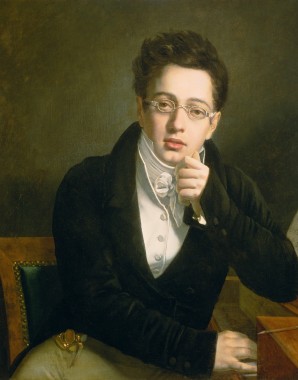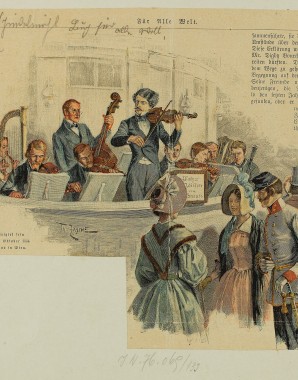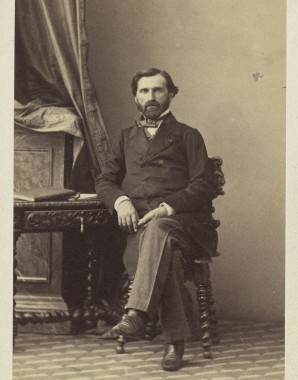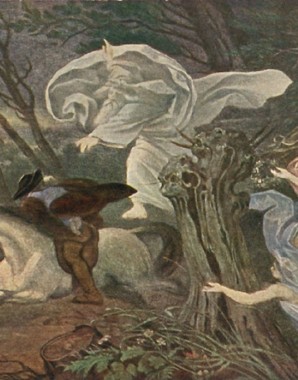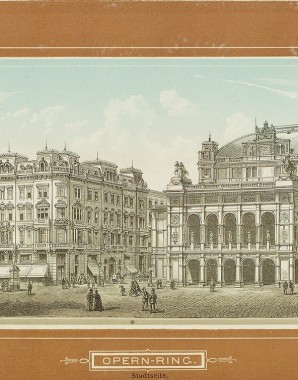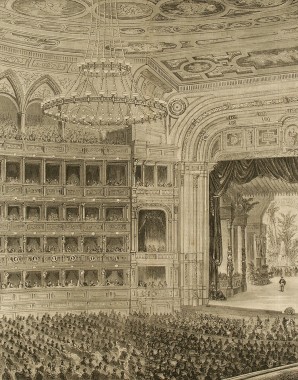Classical Music in Nineteenth-Century Vienna
In the nineteenth century Vienna continued to consolidate its reputation as the ‘city of music’, an image still used to great effect in the tourist industry today. It was – or became – home to a host of well-known composers: amongst those born in Vienna were Franz Schubert and Johann Strauss I and II (father and son), while Ludwig van Beethoven was just one of the many non-Viennese composers who settled in the Habsburg capital. The music business became an important element in the economy – throughout the Austrian Empire, concerts and dancing were an important part of life, music publishing houses and makers of musical instruments flourished, and opera and theatre boomed. In parallel with the public music world, there also developed a great love of domestic music-making or ‘Hausmusik’. With the rise of the bourgeoisie the imperial house lost its role as the foremost patron of cultural life. The omnipresence of censorship had a restrictive effect, prohibiting ‘anti-imperial’ tendencies, though Verdi’s ‘Freedom Chorus’ was sung at the Kärntnertortheater, an important venue that ceased to exist shortly after the opening of the new Court Opera on the Ring.

